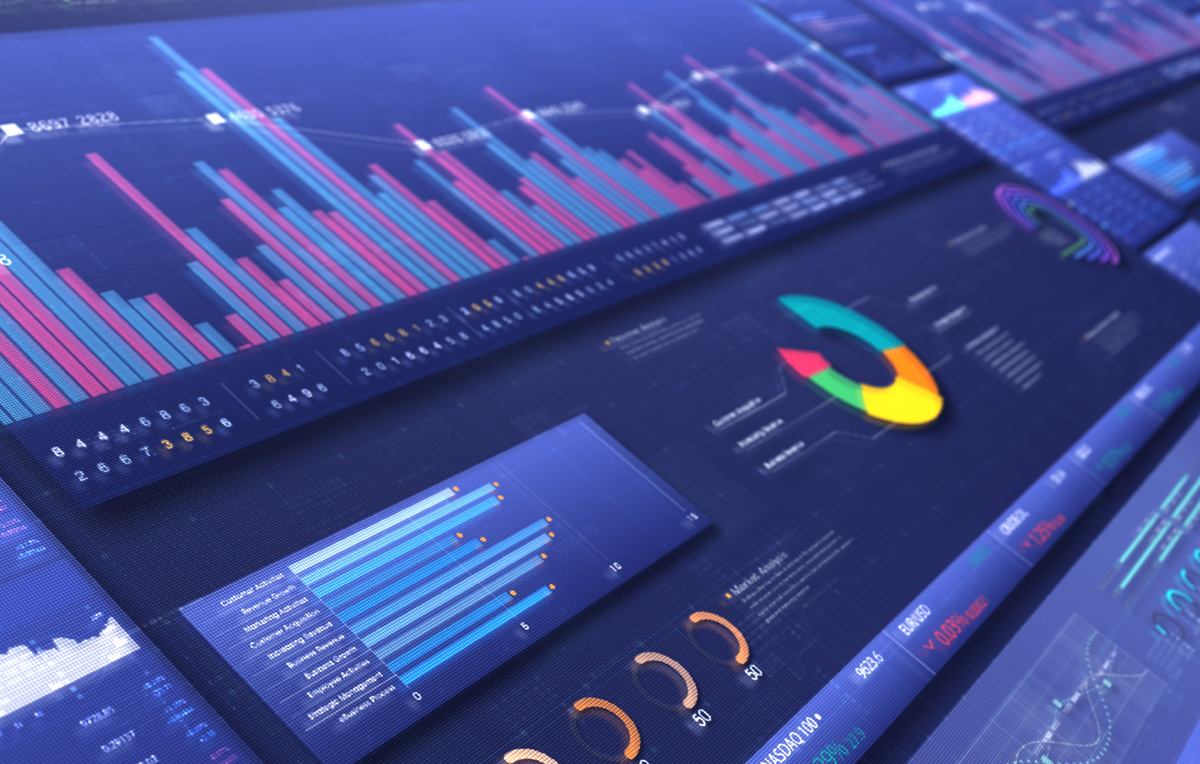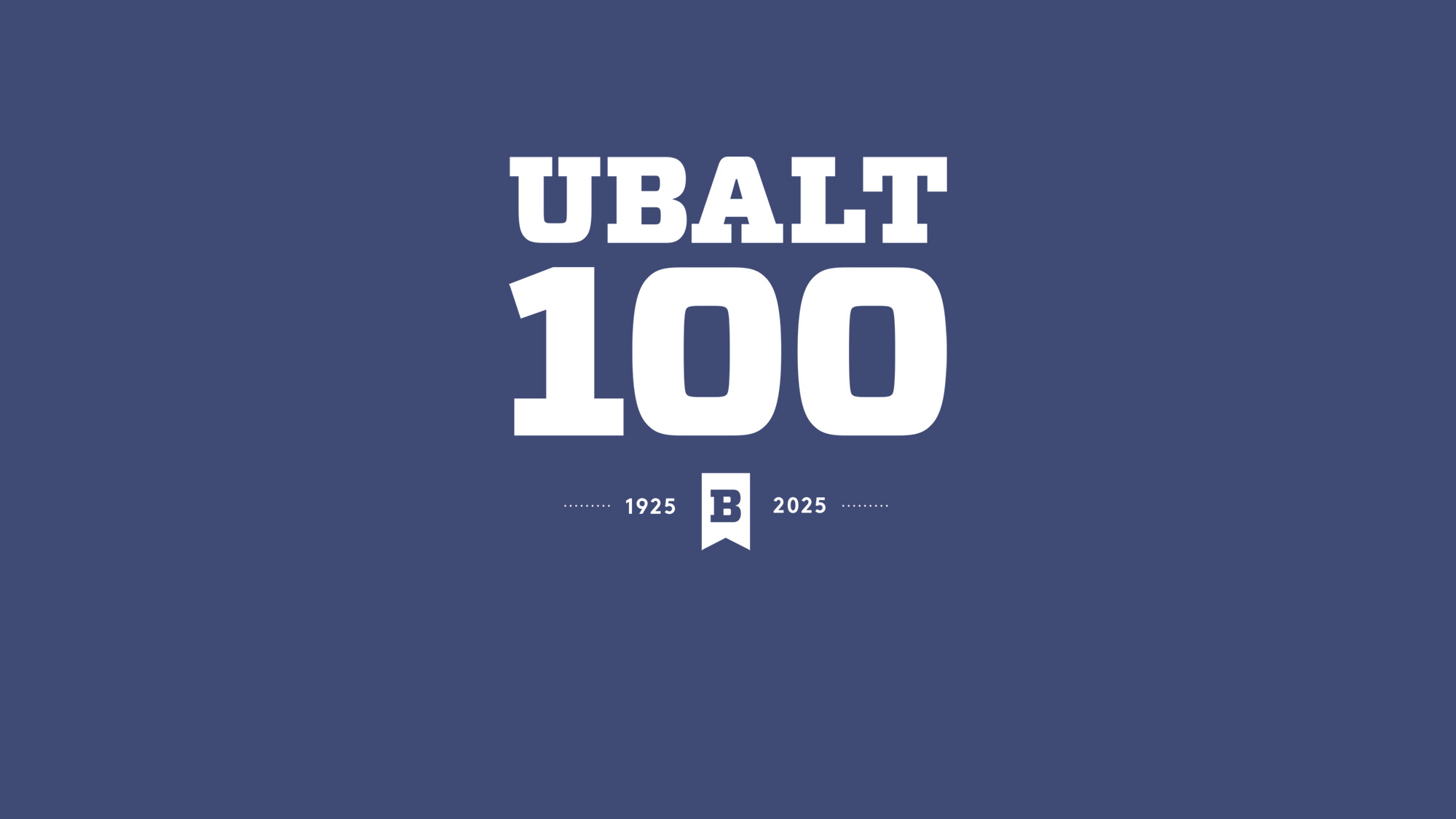Data Analytics Specialization

Why This Specialization For You
Data analytics is transforming industries.
Businesses across all sectors rely heavily on data in today's evolving landscape. The data analytics specialization in the B.S. in Business Administration program, offers courses covering analytical processing, business intelligence and data manipulation and provide you hands-on experience you'll need in your job.
Business and Entrepreneurship
Program Type
Locations/Format
Cost
Undergraduate
Tuition & Fees
Requirements
120-credits to earn a degree:
- 38 General Education
- 27 Lower-Division Business
- 31 Upper-Division Business Core
- 15 Specialization and Electives
- Guide to Graduation
Data Analytics Specialization
B.S. in Business Administration
The field of data analytics has evolved over time—whether it goes by big data, data science, predictive modeling, business intelligence—the desired outcomes remain the same: identify and solve problems in an organization. The practical application of data is the cornerstone of this specialization.
By the Numbers
Datamation.com analyzed LinkedIn job postings and finds a pressing demand for skilled data analysts. They say that there is a need to fill new roles created by AI technology and machine learning and to replace workers who transfer to other careers or retire. But that isn't the only reason. Organizations have an increased demand for data-driven decisions and the growing volume of data available and its potential uses have become massive.
Decoding Data Analytics
Our curriculum is continuously updated to reflect the latest advancements, yet the practical application of data remains central to this program's core. We keep up so you can too.
While taking courses in this specialization, you’ll learn about:
- Business intelligence with industry-standard software packages
- Data management
- Data modeling
- Database design
- Predictive and prescriptive analytics
- Project management
- Programming language (Python)
- Visualization
Did you Know?
In an article posted on Forbes.com, Dan Adams, Vice President of Data Product Management at Pitney Bowes, was quoted as saying, “In its raw form, data can often be imperfect and incomplete, but with the right tools and processes, data can deliver true, rich insights to a business. The good news is that more organizations are investing in data and technologies to improve and enrich data quality to improve outcomes, save money and make better business decisions.”
What Our Graduates Do
Common Roles
- Business Analyst
- Business Intelligence Analyst
- Data Analyst
- Data Scientist
- Financial Analyst
- Market Research Analyst
- Marketing Analyst
- Operations Analyst

A Message from Dean Raju Balakrishnan
Read Full StoryA degree from the Merrick School of Business is more than just a qualification; it's a passport to a world of opportunity.
UBALT BUSINESS IS FOR YOU
The University of Baltimore Merrick School of Business helps you achieve your career goals. We value your real-world experience and believe it brings a valuable perspective to the classroom. Whether you’re looking to launch your career, seek a promotion or even a career change, our programs provide the support and network you need to succeed. You'll be taught by professors who aim to equip you with the skills needed in a dynamic business environment and you’ll learn alongside a diverse group of classmates, gaining from their perspectives while enriching theirs with yours.











